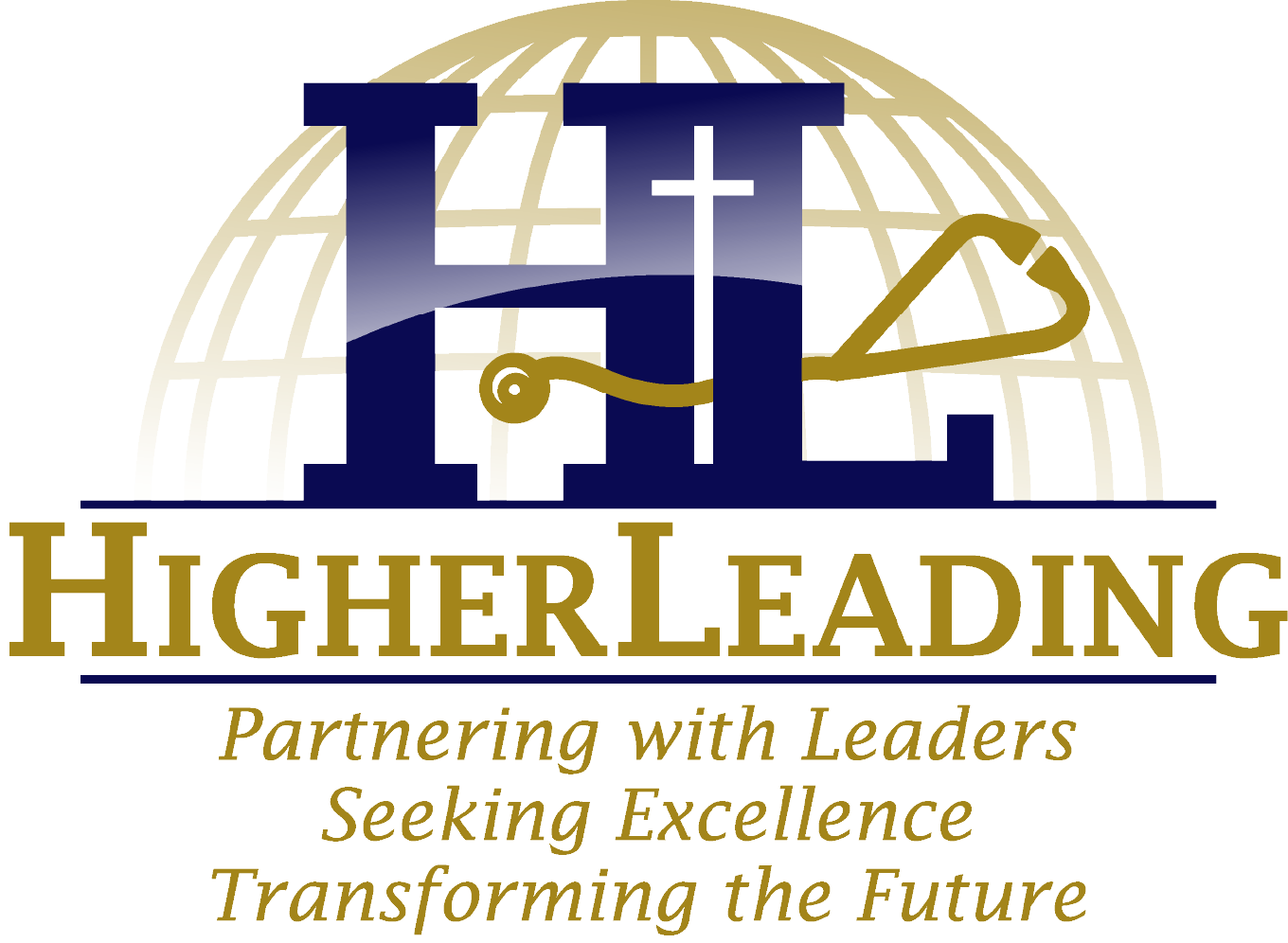Leadership Development
The HigherLeading framework for leadership development adopts a comprehensive approach designed to enrich the skills, capabilities, and qualities of individuals occupying leadership positions. It is a purposeful initiative aimed at preparing leaders to successfully navigate current and future challenges. Frequently, individuals, whether new to leadership or with years of experience, prioritize the acquisition of knowledge and skills in areas such as financial management, project management, contract and supply chain management, data analysis, and technology proficiency. While these competencies are crucial for managerial success, they fall short in addressing aspects essential for excelling as leaders.
In contrast, the HigherLeading framework emphasizes cultivating an awareness of key concepts and honing skills that set leaders apart both in their personal and professional lives. This approach goes beyond traditional managerial competencies, directing attention towards qualities that contribute to excellence in leadership. The HigherLeading framework of leadership development focuses on the following areas:
Self-Awareness/ Emotional Intelligence:
Identifying and understanding one's strengths, weaknesses, and leadership style.
Understanding and managing one's emotions and the emotions of others.
Learning active listening and empathetic communication.
Understanding the importance of trust, integrity, and ethical behavior in leadership roles.
360-degree Feedback: Gathering feedback from peers, subordinates, and superiors for a
comprehensive view of leadership effectiveness.
Team Building and Collaboration:
Developing skills in team building and fostering collaboration.
Creating a positive team culture and managing diverse teams.
Learning coaching and mentoring techniques.
Developing the ability to guide and support team members in their professional growth.
Decision-Making and Problem-Solving:
Developing effective time management skills.
Prioritizing tasks and responsibilities to achieve organizational goals.
Developing effective methods of conflict management
Improving critical thinking and analytical skills.
Practicing effective decision-making in various situations.
Adaptability and Change Management:
Develop an understanding of and the application of change management models.
Building resilience and adaptability to navigate change.
Leading teams through transitions effectively.
Strategic Thinking:
Developing a clear vision for the future.
Setting achievable goals aligned with organizational objectives.
Developing a strategic mindset for long-term planning.
Identifying opportunities and threats in the business environment.

